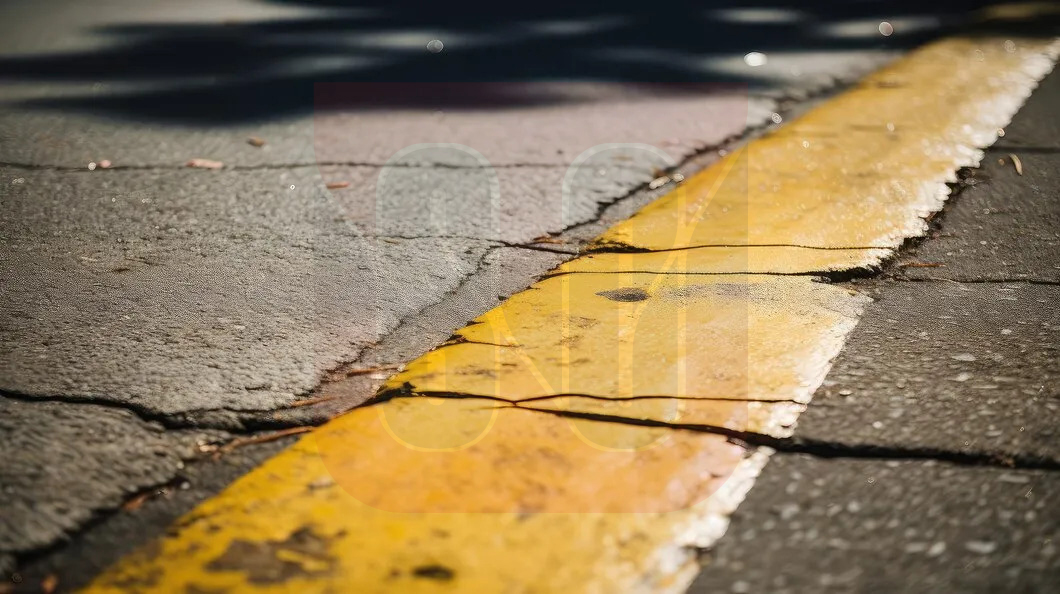8 Signs Your Driveway Needs a Replacement
A driveway is an essential component that adds functionality and curb appeal to the exterior of your house. However, even the strongest driveway can deteriorate with time. But how do you know when it is time to replace your driveway instead of repairing it? Knowing when to take action and save yourself from injuries and legal liabilities is essential. Let us discuss the main signs that indicate it's time for driveway replacement.
1. Potholes
Potholes are an obvious sign of significant damage. They not only degrade the appearance of your property but can also harm pedestrians and vehicles. Multiple potholes usually indicate that the underlying base is collapsed, necessitating a total replacement, whereas minor fissures can be easily repaired.
2. Visible Cracks
One of the most common problems with driveways is cracks. Large or frequent cracks, on the other hand, may be a symptom of more serious issues with the driveway's structural stability. Widespread cracking frequently indicates that the driveway is beyond easy fixing.
3. Drainage Issues
Proper drainage is essential for maintaining the lifespan of a driveway. If you notice water pooling or improper drainage after rain, it can lead to further damage and erosion. Poor drainage issues often signal that the driveway's base is compromised, which may necessitate replacement.
4. Uneven Surface
An uneven surface can be both a safety hazard and a sign of underlying structural issues. If your driveway has become noticeably uneven, it may indicate that the foundation has settled or shifted, which often requires a full replacement to correct.
5. Severe Fading and Discoloration
While some fading and discoloration from exposure to the elements are common, severe and extensive color changes may indicate extensive wear. This may have an impact on your driveway's functionality as well as appearance, indicating that a replacement may be necessary.
6. Sunken Areas
Water damage or shifting soil can cause sunken sections in a driveway. These dents may retain water, irritating pre-existing problems. Sunken sections that become widespread frequently indicate that the driveway needs to be replaced. To restore the functionality and safety of your concrete structures it is essential to repair them on time.
7. Aging
The longevity of driveways is possible upon the type of material and the degree of upkeep. While concrete driveways can endure 25–30 years, asphalt driveways usually last 15–20 years. It might be time for a replacement if the lifespan of your driveway is getting close to or past its predicted end.
8. Multiple Repairs
Frequent repairs may be a sign that the driveway isn't holding up as well. In the long term, replacing the driveway is often more cost-effective than patching up cracks, holes, or other problems if you find yourself having to do so repeatedly.
Repair Solution
To determine the extent of the damage, you must speak with a specialist if you see any of these symptoms in your driveway. For more serious problems a complete replacement is required. Long-term advantages of replacing your driveway include enhanced safety, aesthetics, and a rise in property value.
Conclusion
Knowing when your driveway needs to be replaced will enable you to act quickly to prevent more harm. Every sign, from aging and cracks to drainage problems and potholes, indicates that a professional assessment is required. By taking care of these problems right away, you may avoid needing more involved repairs and make sure that your driveway will continue to function well for many years to come.
